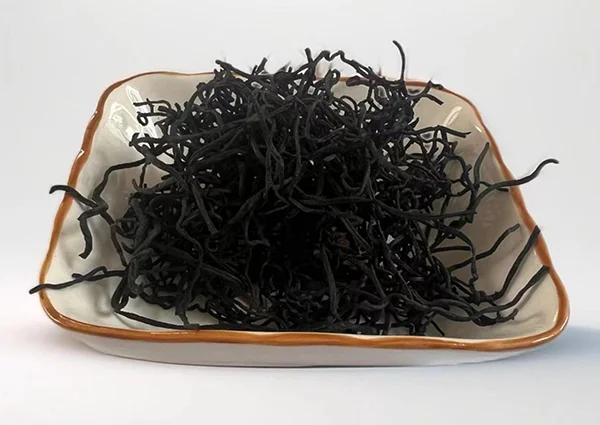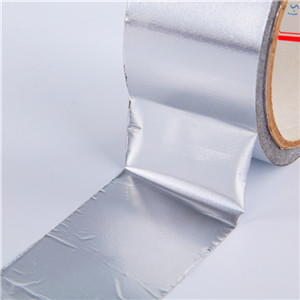When it comes to achieving luscious locks, many individuals find themselves exploring various avenues, from topical treatments to dietary changes. Among these, the role of vitamins in promoting hair growth has garnered significant attention. But which vitamin truly accelerates hair growth? In this post, we will delve into the science behind hair growth, the essential vitamins involved, and practical tips for incorporating them into your routine.
Understanding Hair Growth
Hair growth is a complex biological process that occurs in three distinct phases: anagen (growth), catagen (transitional), and telogen (resting). The anagen phase is where the magic happens, as hair follicles actively produce new cells, leading to hair elongation. Factors such as genetics, hormonal balance, and nutrition play crucial roles in determining the duration and quality of this phase.
The Role of Vitamins in Hair Growth
While there is no single magic vitamin that guarantees faster hair growth, several key vitamins have been identified as critical players in the health of hair follicles and the overall hair growth process.
- Vitamin A
Vitamin A is essential for cell growth and differentiation, making it crucial for the maintenance of healthy hair. It helps produce sebum, an oily substance secreted by sebaceous glands that moisturizes the scalp and keeps hair healthy. However, it's important to note that excessive intake of vitamin A can lead to toxicity, which may result in hair loss. Therefore, moderation is key.
- B Vitamins: Biotin and Beyond
Biotin, also known as vitamin B7, is perhaps the most famous vitamin associated with hair growth. It plays a vital role in the synthesis of keratin, a protein that forms the structure of hair. Studies have shown that biotin deficiency can lead to hair thinning and loss. Other B vitamins, such as B12 and folate, also contribute to red blood cell production, which is essential for delivering oxygen and nutrients to hair follicles.
- Vitamin C
Vitamin C is a powerful antioxidant that protects hair follicles from oxidative stress caused by free radicals. Additionally, it aids in the absorption of iron, a mineral crucial for hair growth. A deficiency in vitamin C can lead to weakened hair and increased hair loss. Incorporating vitamin C-rich foods, such as citrus fruits and leafy greens, can bolster your hair health.
- Vitamin D
Recent studies have highlighted the importance of vitamin D in hair follicle cycling. A deficiency in vitamin D has been linked to alopecia areata, an autoimmune condition that causes hair loss. Vitamin D can be synthesized through sun exposure, but for those with limited sunlight access, dietary sources such as fatty fish and fortified foods are essential.
- Vitamin E
Vitamin E is another antioxidant that supports scalp health by improving blood circulation. Enhanced circulation ensures that hair follicles receive the necessary nutrients for optimal growth. Additionally, vitamin E oil can be applied topically to nourish the scalp and promote a healthy environment for hair growth.
Practical Tips for Incorporating Hair Growth Vitamins
- Balanced Diet: Aim for a well-rounded diet rich in fruits, vegetables, whole grains, and lean proteins. Foods such as eggs, nuts, seeds, and leafy greens are excellent sources of the vitamins mentioned above.
- Supplements: If you suspect a deficiency, consider consulting a healthcare professional about taking supplements. Biotin and multivitamins specifically formulated for hair health can be beneficial.
- Scalp Care: Incorporate topical treatments that contain vitamins A, C, and E. Oils and serums can provide direct nourishment to the scalp.
- Hydration: Staying hydrated is crucial for overall health, including hair health. Aim for adequate water intake to support cellular functions.
- Lifestyle Factors: Manage stress through mindfulness practices, as stress can negatively impact hair growth. Regular exercise also promotes circulation, benefiting hair follicles.
Conclusion
While no single vitamin can guarantee faster hair growth, a combination of essential vitamins plays a pivotal role in maintaining healthy hair. By understanding the functions of vitamins A, B, C, D, and E, and incorporating them into your diet and lifestyle, you can create an optimal environment for hair growth. Remember, consistency is key, and results may take time. Always consult with a healthcare professional before making significant changes to your diet or supplement regimen. Embrace the journey to healthier hair, and let your locks flourish!





